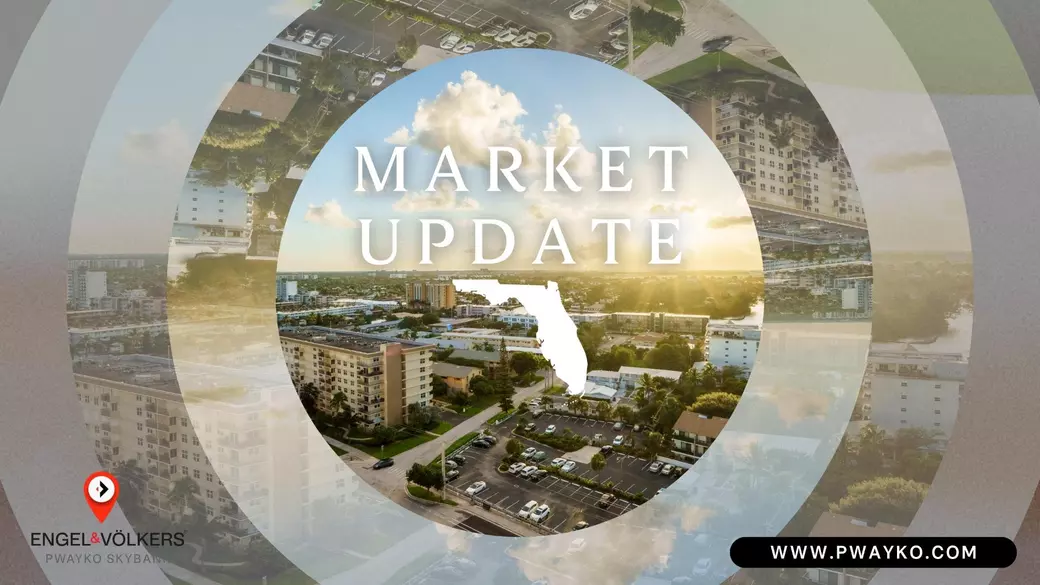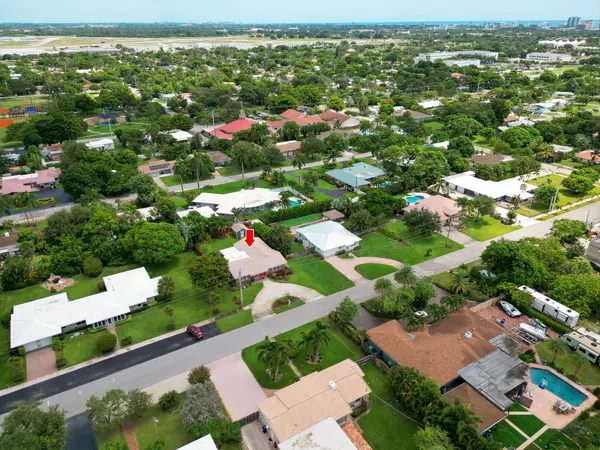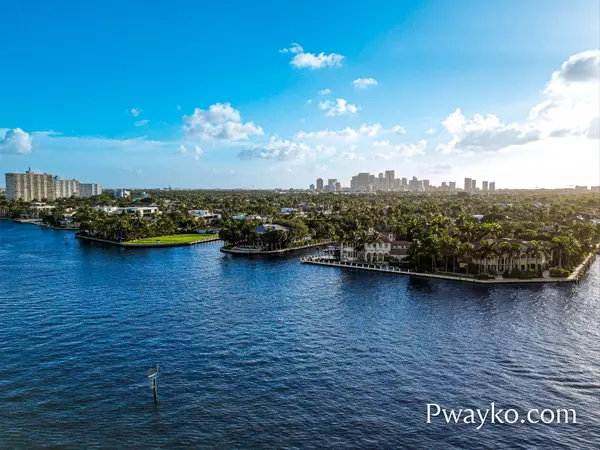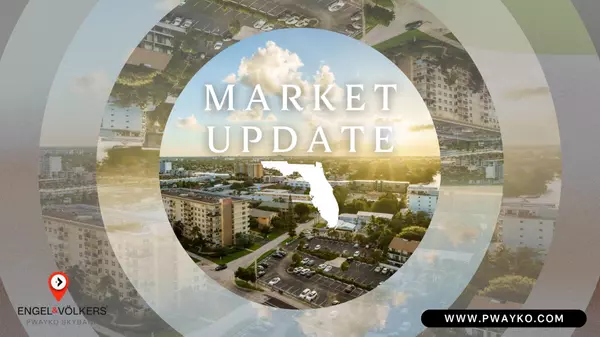Florida's True Real Estate Market Update

There's been a lot of chatter lately about the state of Florida's real estate market. The numbers seem to indicate a downward trend; however, don't let the statistics mislead you. There's plenty of evidence to suggest that Florida's real estate industry is thriving, contrary to what the figures suggest.
The numbers, which at first glance appear subpar, are influenced by several factors that can skew the perception of the real estate climate in the Sunshine State. A deeper examination of these variables will reveal an altogether different narrative, one that attests to the resilience of the Florida market.
The first factor to consider is the dynamic nature of Florida's real estate landscape. The state has always been a hub for real estate activity. Its beautiful beaches, tropical climate, and attractive lifestyle make it a desirable destination for people across the demographic spectrum - from retirees and vacationers to young professionals and families.
This appeal guarantees a continuous influx of buyers into the market, ensuring a steady demand for housing. Even though the sales numbers might not always reflect this, the reality is that Florida homes continue to sell, and the market remains active.
However, the high demand for housing also contributes to Florida's relatively high property prices. These prices are often cited as evidence of a struggling market because they can deter potential buyers. But this is a classic case of supply and demand. The desire for Florida properties is such that prices remain high, even in the face of economic uncertainties.
Another factor impacting the perception of Florida's real estate market is the state's vulnerability to natural disasters. Hurricanes, in particular, are a recurrent threat that can disrupt the market, leading to temporary drops in sales. Yet, despite this challenge, the market always rebounds, demonstrating its inherent strength and resilience.
It’s also noteworthy to mention the role of foreign buyers in the Florida real estate market. This group significantly contributes to the robustness of the market, especially in the luxury sector. Unfortunately, the recent global pandemic has impacted international travel and, by extension, foreign investments in Florida real estate.
While this has led to a temporary dip in sales in this segment, it doesn't reflect the overall health of the market. As travel restrictions ease, we can expect to see an upswing in foreign investments, which will further bolster the market.
One more element to consider when looking at the numbers is the growth in new construction. A healthy real estate market isn't just about buying and selling existing homes; it also involves building new ones. Despite the perceived decline, new residential construction in Florida has increased, indicating a strong market.
In the face of these factors, it might seem that the market is underperforming, but the numbers tell only part of the story. It's important to understand the context behind the figures to appreciate the true state of Florida's real estate market.
Furthermore, the broader economic indicators remain positive. Unemployment rates are relatively low, the economy is growing, and interest rates are historically low. These conditions are favorable for the real estate market and will likely contribute to its continued strength.
In conclusion, despite what the numbers might indicate, the Florida real estate market is, in fact, doing well. External factors can distort the perception, but the underlying fundamentals remain strong. The market's resilience, coupled with Florida's enduring appeal, ensures a vibrant and stable real estate landscape that can weather any storm. So whether you're a prospective homeowner, a real estate investor, or simply an interested observer, rest assured that Florida's real estate market is thriving.
Categories
Recent Posts











